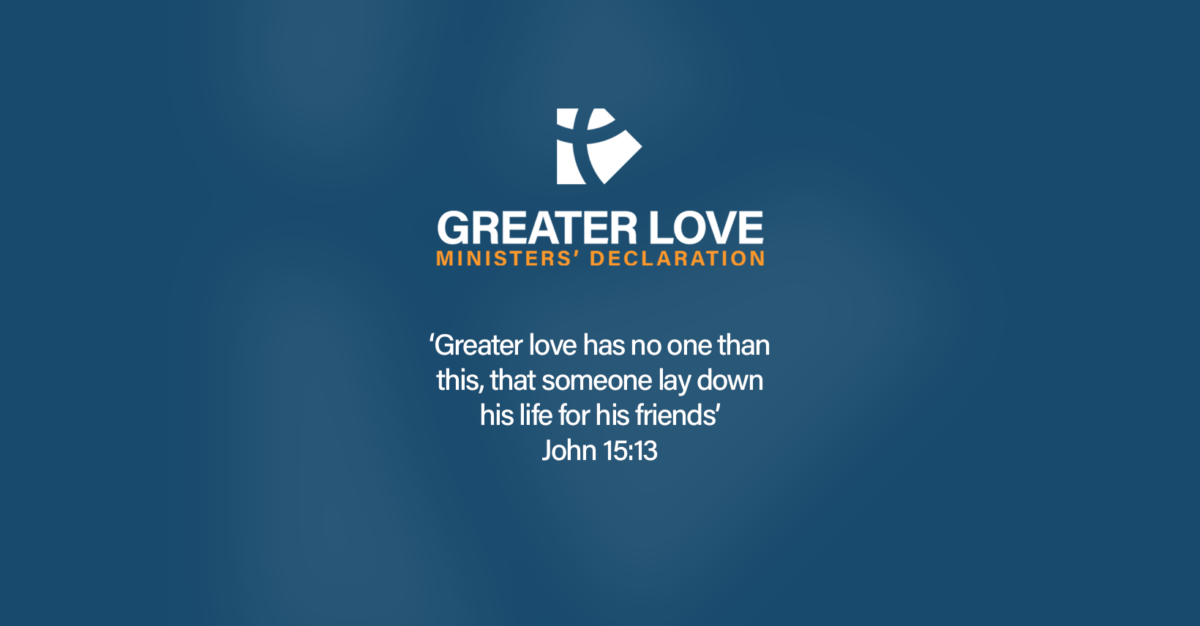Greater Love responds to Online Safety Bill amendment on ‘conversion therapy’

[The following statement has been issued by the authors of the Greater Love Declaration. It is a response to a poorly-drafted amendment in the Westminster Parliament calling for “the practice of so-called conversion practices of LGBTQ+” to be considered ‘harmful’ for the purposes of the Online Safety Bill. If selected, it will be debated tomorrow, Tuesday 17 Jan 2023.]
Christian churches are deeply committed to the welfare of children, and strongly support the intention of the Online Safety Bill in protecting them from harm.
This amendment would, however, entirely contradict that aim. It addresses a complex and contentious issue which has not received adequate scrutiny. It puts into law words and phrases which have a total lack of definition. As a result it would have a devastating effect on churches’ freedom to offer the gospel message to people online. Anything shared online encouraging people to follow the life and teachings of Jesus Christ could fall under its wide scope.
Presumably the undefined phrase ‘conversion practices’ is intended to relate to matters of sexuality and gender. However, the word ‘conversion’ is normally used to refer to a person adopting Christian faith in all its aspects. Therefore much of the normal ministry of churches could be assumed to be included in ‘conversion practices’. So this amendment could place all orthodox Christian ethical teaching under the suspicion of social media companies.
Furthermore, the phrase ‘practices of LGBTQ+ people’ also introduces serious problems. Neither ‘Q’ nor ‘+’ have any agreed definition in UK law or wider society. Therefore, the presentation of Christian teaching to potentially anyone would be placed under the control of social media companies.
Terrible harm is being done to young people by the promotion of highly sexualising material and very questionable ideologies online. But instead of tackling these problems, this amendment would stifle the freedom of Christians to help young people, and to speak online about Christian faith, at all.
